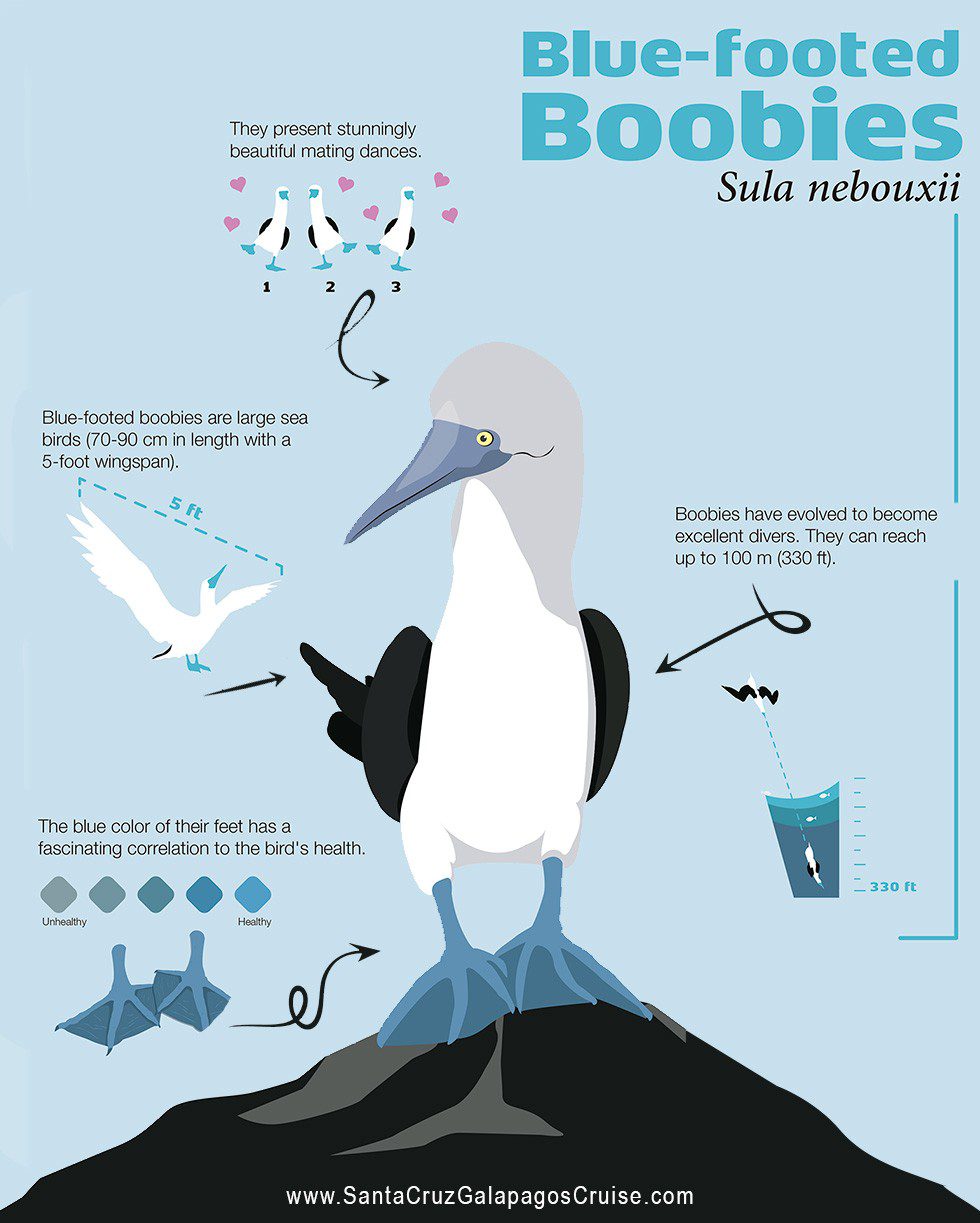deleteaccount
Explorer
The thing with D&D is that it's not refining the past ways but forgetting them wholesale. D&D used to have procedures for dungeons, and e.g. reigning your domains as a higher level character. The focus of the game has shifted so it's a different type of game. I'm not saying it's good or bad but as an observation. I used to eat strawberry cake, and now I'm drinking a wheat-based milkshake. It's just a different thing.others see potental in evolution and refinement of past ways
Even changing xp from treasure to monster xp changed the dynamics of the game, and how players/characters approach challenges in-game. And that then informs adventure design etc.
Rolling against THACO or AC isn't that crucial but what's happening in-game is. Luckily we have OSR for those who want it, and countless indie products.
As for truth, spiritually it's aligning with dharma/dao/Logos/reality. In the context of the game, if your aim is "to change" then anything you change to anything else without a higher purpose or philosophy is a success. I see change as a strategy, not a goal, so constant evolution or refinement doesn't make any sense without a context. There's no solutions anyway, just trade-offs between things. The trade-offs between the simplicity in characters (old D&D) vs. simplistic complexity of 5E characters is that originally you tried to solve challenges by thinking them through in-person, and now you try to solve challenges using the characters abilities (using spells, or pressing buttons on your character sheet like "Perception" or "Intimidation").



